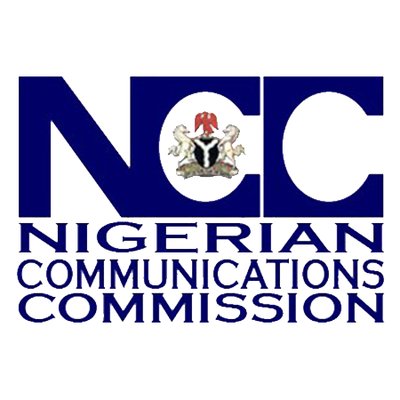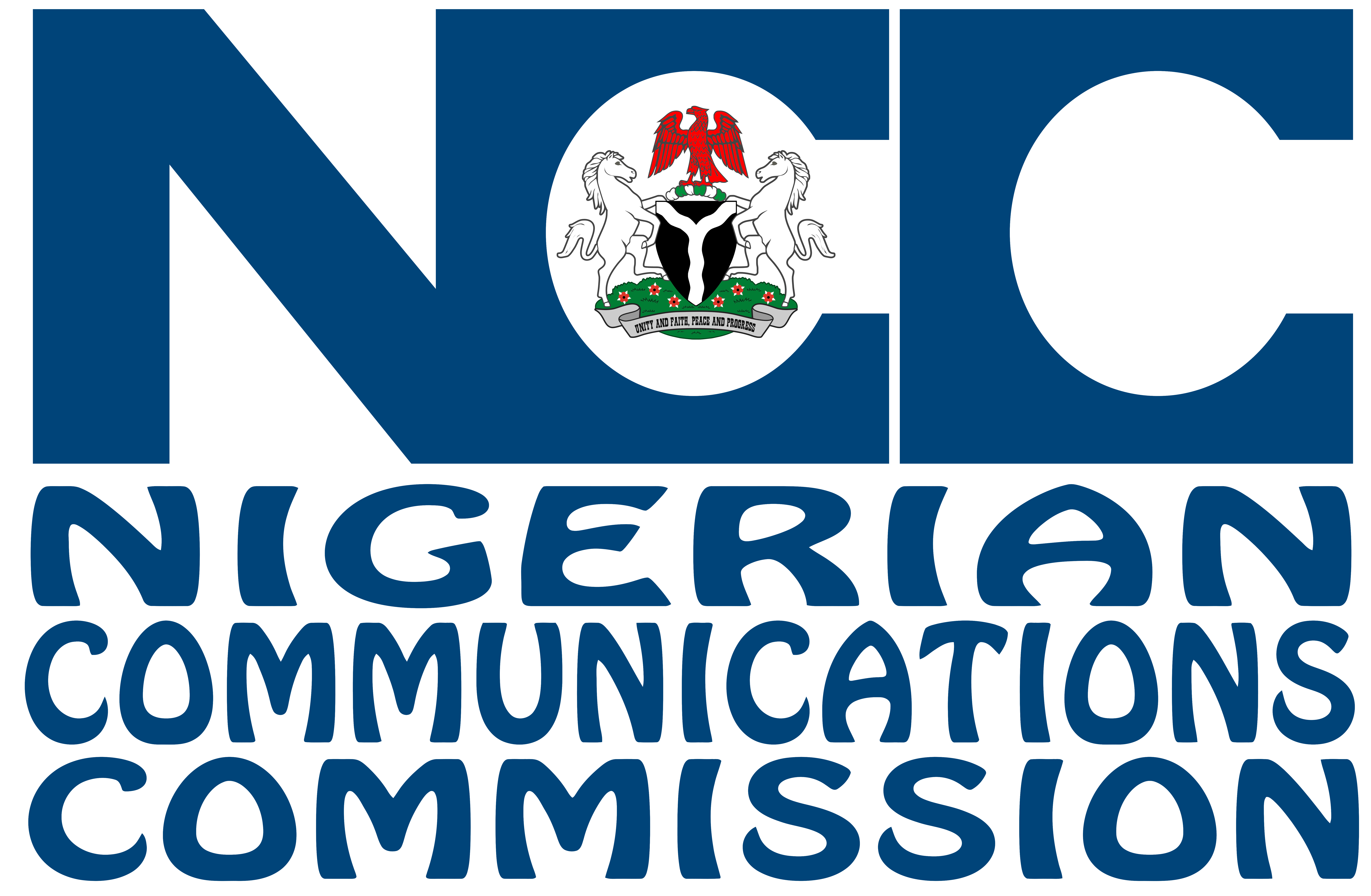Nigeria, Niger Collaborate On Border Frequency Coordination

Nigeria and Republic of Niger have collaborated to coordinate frequency utilization along their borders to ensure seamless deployment of services within both countries.
The Nigerian Communications Commission ( NCC) in a statement on Sunday by the Director Public Affairs, Reuben Muoka, said the agreement signing ceremony which took place in Abuja, was one of the highlights of the two-day Digital Economy Regional Conference, hosted by the Nigerian government.
Minister of Communications and Digital Economy, Prof. Isa Pantami, signed on behalf of Nigeria, while his Nigerien counterpart, the Minister of Post and New Information Technologies, Mr. Moussa Baraze, signed on behalf of his country.
The Executive Vice Chairman (EVC) of the Nigerian Communications Commission (NCC), Prof. Umar Danbatta and Niger Republic’s Chairperson of the National Council for Regulation of Electronic Communications and Post, Mrs. Aichatou Oumani, were witnesses to the agreement, which applies to the co-ordination of frequencies existing in the Nigeria-Niger transboundary areas between 87.5 megahertz (MHz) to 30 gigahertz (GHz).
The agreement indicated it will help in effective coordination and sharing of frequencies and channels in the ‘buffer zone or area’ on borderlines between the two countries and also help to address one of the major issues of signal interference regulation that may arise in telecoms signal transmissions by terrestrial telecoms service providers, as it spells out the procedures for regulating such cases.
The agreement, according to the two parties, provides, in part, that in case of harmful interference affecting one of the parties, the affected party shall inform the other party in writing for necessary action to be carried out.
“Also, the party from whence the interference is originating shall ensure that all necessary means are used to resolve the harmful interference within 30 days of receipt of the notice”, the agreement says.
While the Agreement is without prejudice to the rights and obligations of the parties specified in the Convention, the Constitution of the International Telecommunication Union (ITU) and other inter-governmental arrangements, it states, however, that the land and mobile services whose use is restricted for security, maritime and national defence or for which information is not available, shall not be subjected to the provisions of the agreement.






